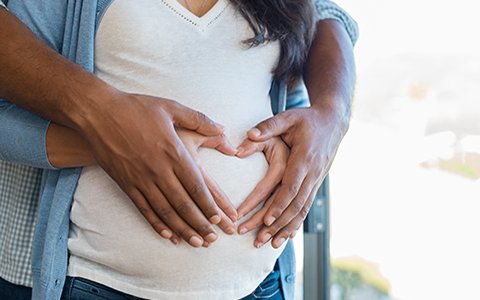Best practice interventions and models of care for prevention and cessation of substance use in pregnancy and post-natal for Aboriginal and Torres Strait Islander Women
Alcohol, tobacco and other drug use in pregnancy is one of the leading preventable causes of adverse perinatal outcomes and a range of harms across the lifespan, including neurodevelopmental impairment, poor mental health, and a greater risk of substance use.
While underlying determinants of substance use in pregnancy are complex, as a key modifiable risk factor, it presents an important opportunity to improve Aboriginal and Torres Strait Islander maternal and infant health outcomes.
Therefore, there is a strong need to consult with Aboriginal women, as well as consumers and key stakeholders, to gain a deeper understanding of women’s experiences seeking support for their substance use and how they may be better supported during pregnancy.
Project objectives include to:
- Develop an audit tool based on the Australian Pregnancy Care Guidelines, NHMRC alcohol guidelines, and ABCD/One21seventy tools, and, in partnership with Southwest Aboriginal Medical Service, conduct clinical audits of medical records of women with substance use issues in pregnancy and post-natal to document service utilisation, clinical care, referral pathways and provision of interventions.
- Through consultation with Aboriginal women and key stakeholders, gain a deeper understanding of women’s experiences of seeking support for their substance use and the barriers preventing them from reducing or ceasing substance use during and after pregnancy.
- Identify features of best practice interventions that address substance use during pregnancy and the post-natal period.











